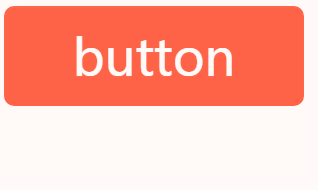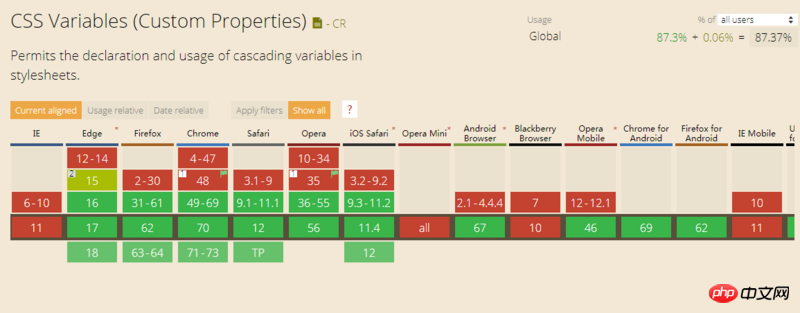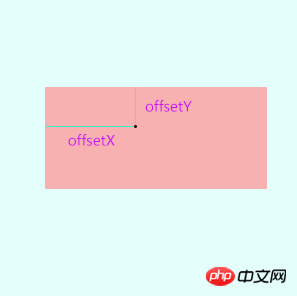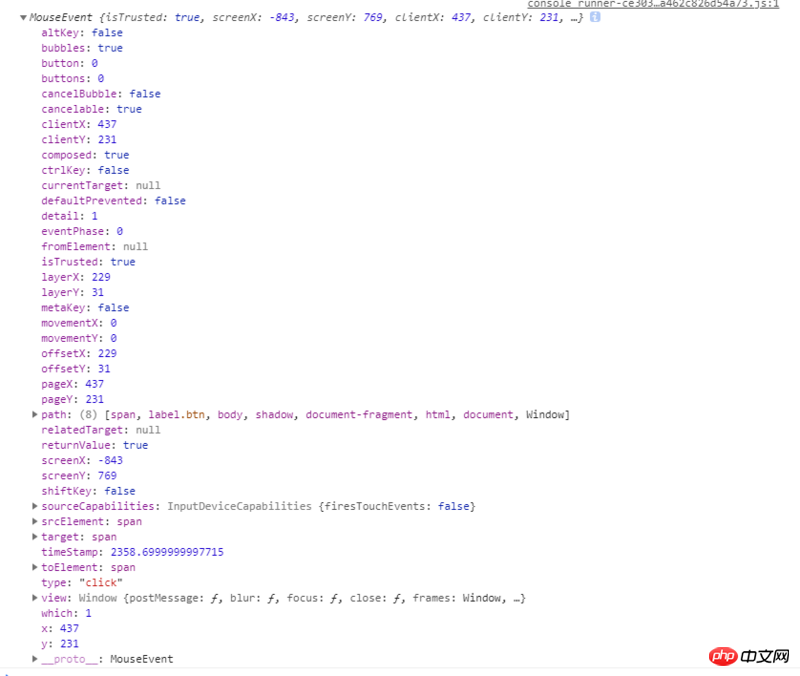
The content of this article is about the js implementation method of realizing the material design water drop animation button effect using pure css. It has certain reference value. Friends in need can refer to it. I hope it will be helpful to you.
In the previous article, we have implemented the water droplet diffusion animation using pure CSS, but there are some flaws, which are also mentioned at the end of the article. First, you will see when the page is loaded. The water droplet animation on the button moves once. Secondly, it cannot spread according to the position of the mouse when clicked. Today we will solve this problem.
All the following basic codes are from the previous article

css can only be fixed Point spread
Unavoidable js
Although I really want to achieve the desired effect through css, after all, it belongs to UI interaction, so try not to involve js, but I have no choice. The stamina is not enough, and many functions cannot be realized, such as getting the mouse position. This css is really useless.
After thinking about it for a long time, we still can only obtain the location coordinates through js, but we can reduce the logic of js. We only need to know the coordinates, and the rest can be done by css.
Implementation ideas
New features of css
In fact, if there are many new features of practical css, many css that could only be implemented through js before can also be used Instead.
CSS native variable var, everyone should have come into contact with it. Maybe due to compatibility issues, you are hesitant to use it, and simply don't use it for the sake of compatibility

In fact, as long as you don't considerIE## If #, the compatibility is still possible. Even if we have to take into account IE, we can ensure that the buttons are intact, but it just doesn’t have animation effects. This is also the so-called Graceful downgrade, right
:root {
--main-bg-color: red;
}
.container {
width: 20px;
height: 20px;
background-color: var(--main-bg-color);/**background-color:red**/
}Almighty js
We use js There is only one purpose, which is to obtain the position of the mouse click. It is very simple. There are offsetX and offsetY in the event object event, which are used to describe the position of the mouse relative to the parent element.

var x = event.offsetX; var y = event.offsetY;
Specific implementation
We need to get the left side when clicked, and then store it in the css variableSample codefunction ripple(ev){
var x = ev.offsetX;
var y = ev.offsetY;
this.style.setProperty('--x',x+'px');
this.style.setProperty('--y',y+'px');
}
.btn>span:after{
content: '';
position: absolute;
background: transparent;
border-radius:50%;
width: 100%;
padding-top: 100%;
margin-left: -50%;
margin-top: -50%;
left: var(--x,-100%);
top: var(--y,-100%);
} will be triggered once when entering for the first time: Here we have given left a default value of -100 %
left: var(--x,-100%);
--x has no value or is illegal, the next value will be taken, -100% will make The process of water drop animation is triggered out of sight and not visible on the page at all.
Diffusion follows the mouse click position: Now that the mouse position has been obtained, it is easy to realize the problem of spreading from where the mouse clicks
Complete demo
<label class="btn" tabindex="1"> <input type="checkbox"><span onclick="ripple(this,event)">button</span> </label>
.btn{
display: block;
width: 300px;
margin: 50px;
outline: 0;
overflow: hidden;
position: relative;
transition: .3s;
cursor: pointer;
user-select: none;
height: 100px;
text-align: center;
line-height: 100px;
font-size: 50px;
background: tomato;
color: #fff;
border-radius:
10px;
}
.btn>span{
position: absolute;
left: 0; top: 0;
width: 100%;
height: 100%;
}
.btn>span:after{
content: '';
position: absolute;
background: transparent;
border-radius:50%;
width: 100%;
padding-top: 100%;
margin-left: -50%;
margin-top: -50%;
left: var(--x,-100%);
top: var(--y,-100%);
}
.btn:active{
background: orangered;
}
.btn>input[type=checkbox]{display: none}
.btn>input[type=checkbox]+span:after{animation: ripple-in 1s;}
.btn>input[type=checkbox]:checked+span:after{animation: ripple-out 1s;}
@keyframes ripple-in{
from {
transform: scale(0);
background: rgba(0,0,0,.25)
}
to {
transform: scale(1.5);
background: transparent
}
}
@keyframes ripple-out{
from {
transform: scale(0);
background: rgba(0,0,0,.25)
}
to {
transform: scale(1.5);
background: transparent
}
}function ripple(dom,ev){
console.log(ev)
var x = ev.offsetX;
var y = ev.offsetY;
dom.style.setProperty('--x',x+'px');
dom.style.setProperty('--y',y+'px');
}section
In fact, js implementation is very simple, css is the difficulty, css is much more flexible than js. Take building blocks for example. The various small parts of the building blocks are fixed and the types are limited. However, you can combine them into various toys. You can call them creative. However, you cannot combine them into a car. For automatic driving, you need to use a motor module, which is a functional driver. In fact, the process of developing building blocks is the most labor-intensive part, and the power system is the only one that remains unchanged.The above is the detailed content of Pure css js implementation method to realize material design water drop animation button effect. For more information, please follow other related articles on the PHP Chinese website!